By Muhammad Muntazar
Experts have expressed concerns that the 2025 budget’s projected 4.6% gross domestic product (GDP) growth may not be enough to reduce poverty and create jobs. According to Professor Chiwuike Uba, a development economist and public accountant, “While Nigerians are struggling with a high cost of living, the drive to increase revenue at all costs may exacerbate the current situation.”
The Minister of Finance and Coordinating Minister of the Economy, Wale Edun, also believes that 4.6% growth is inadequate, stating that Nigeria needs to target around 7% annual GDP growth to significantly reduce poverty and drive economic transformation.
Uba criticized the government’s habit of hiding projects under ministries, departments, and agencies (MDAs) with no mandate for such projects, saying, “The allocations to recurrent expenditure exceed allocations to capital expenditures, which is not enough to drive the reform priorities.”
He also noted that the federal ministries driving the rejuvenation of the economy, such as Industry and Investment, Science and Technology, and Education, are not allocated sufficient funds for capital expenditure.
To address these issues, Uba recommended fiscal consolidation through a reduction in the cost of governance and an increase in absorptive capacity, as well as investing in agriculture, technology, and tourism to reduce reliance on oil revenues.
He also suggested strengthening tax collection through reforms and enhancing transparency and accountability in tax collection and government spending.
Tayo Ogungbenro, Partner and Head, Tax, Regulatory and People Services, KPMG, advocated for a shift from historical spending towards a performance-based budgeting approach, where funds allocation is based on achieving measurable outcomes and impact rather than historical expenditures.
He also emphasized the need for the government to increase budget allocations to education and healthcare to meet the 15% public spending target set by the African Union for education and to align healthcare spending with World Health Organisation recommendations for developing nations.



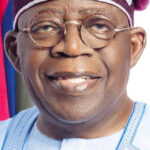
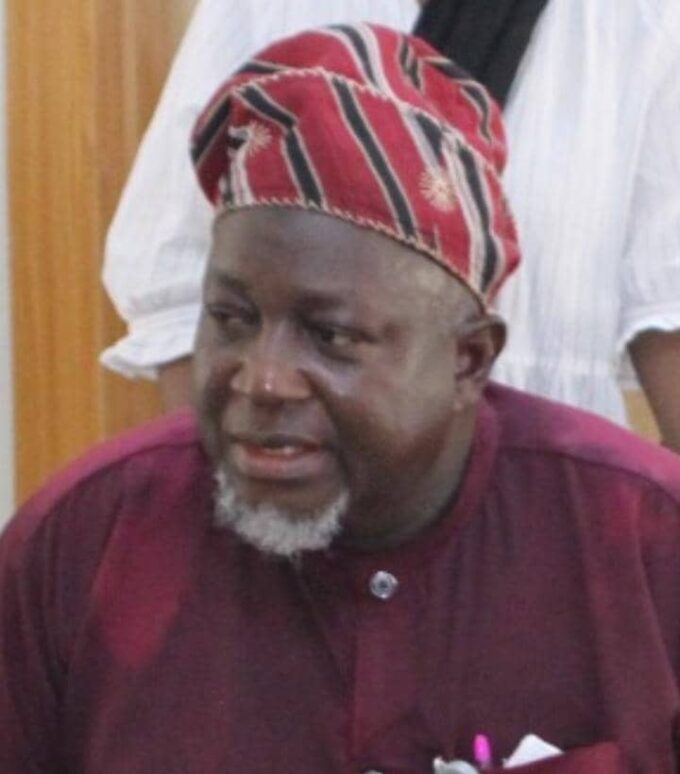


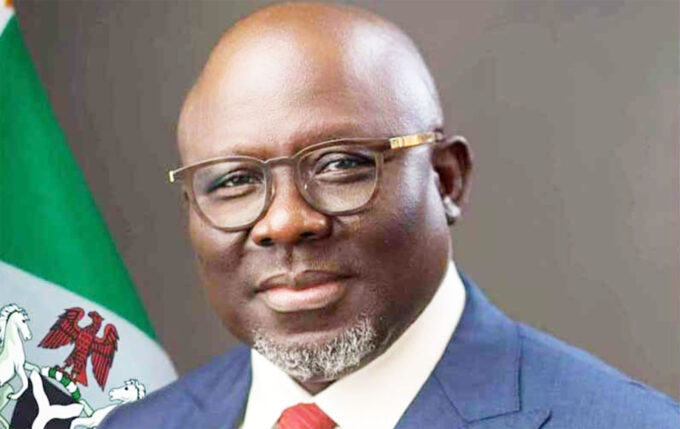
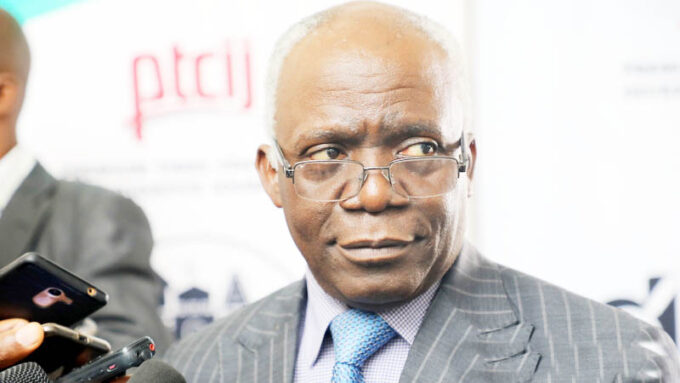
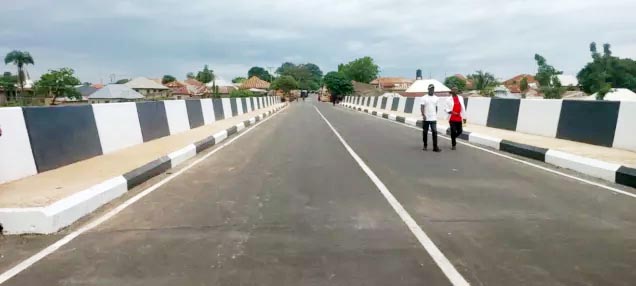
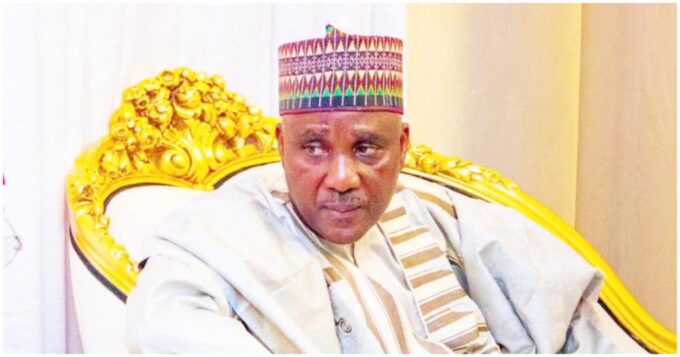




Leave a comment